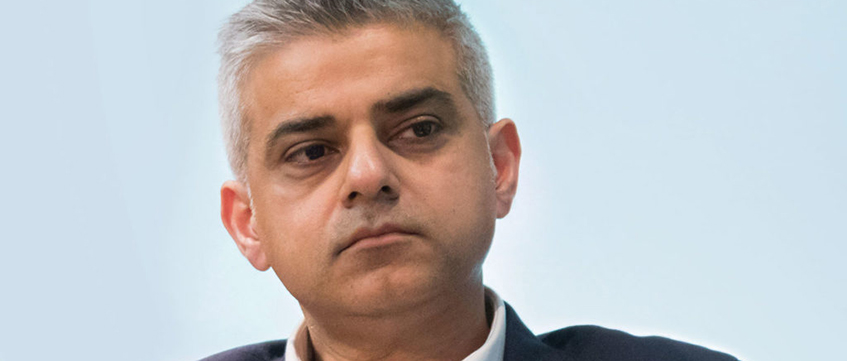London mayor Sadiq Khan has taken away £23.5m in funding from Westminster City Council’s regeneration of Church Street and its estates, after the council refused to hold another residents’ ballot.
Khan has demanded a vote as part of new City Hall rules, while Westminster says ballots do not reflect residents’ needs. A ballot could also change or derail current plans, as estate regeneration in London becomes increasingly politicised and a target for pressure groups.
As of 18 July 2018, all major estate regeneration schemes in the capital must have the backing of existing residents before they can receive City Hall funding.
Westminster says it has already held a ballot for the regeneration – in 2012, when 87% of residents supported it – and that it has consulted them extensively since then.
“By demanding an unnecessary additional ballot, the mayor is poorly serving these residents and the needs across London for more affordable homes,” the council said in a statement.
Political split
Estate regeneration in London has become a charged issue. One of the reasons Westminster is unwilling to have a second ballot is the split between Labour and Conservative wards in the borough.
While Westminster is Conservative-controlled, Church Street is a Labour ward. Should another vote be held, the council could either lose or have to concede and change the plans so much that the regeneration becomes unviable.
A Westminster spokesman said that it is not holding a second ballot because they are not the most effective method of resident engagement. “Not only did these ballots often have issues with turnout, they also had an effect of disengaging residents after successful ballots. Regeneration schemes evolve while they progress, and because of this we want continuous meaningful consultation.
“In fact, the mayor of London’s draft guidance on estate regeneration reflected that ballots ‘can risk turning a complex set of issues that affect different people in different ways over many years into a simple yes/no decision at a single point in time’.”
Westminster dropped its own ballot requirements earlier this year, but they are one of Khan’s solutions to a very difficult subject.
In the best-known case, Haringey council leader Claire Kober resigned amid a conflict over the £4bn Haringey regeneration vehicle, a public/private partnership with Lendlease that would have built several thousand homes across a number of estates. The Momentum group took the council in elections in May and has since cancelled the jv.
A spokesperson for the mayor said: “Sadiq has not walked away from the Church Street regeneration scheme. The money is still available for Westminster if they hold a fresh ballot on the current proposals, which is necessary as the last ballot was held six years ago.
“They are also entitled to bid for extra money from the mayor’s Building Council Homes for Londoners programme to increase the level of social housing further.”
Fair deal
Khan’s estate guidance also says regeneration must result in an increase in affordable housing, full rights of return for social tenants and a “fair deal” for leaseholders and freeholders. It requires all affordable housing be replaced on a like-for-like basis.
Westminster’s plans for the estate and the surrounding area include around 1,750 homes to replace the 750 currently there. Of these, 650 are owned by Westminster, and half of these are affordable.
Westminster says it will replace all social units and that there is a right of return for all resident leaseholders and secure council tenants.
Of the 1,000 new homes, 35% will be affordable (with 40% at social rent and 60% intermediate – which Westminster sets to be affordable to those on its intermediate waiting list).
The council says it will continue with the plans alone.
Councillor Rachael Robathan, Westminster City Council cabinet member for finance, property and regeneration, said: “Our plans for Church Street will see more genuinely affordable council housing and we have been in constant dialogue with residents about how to achieve that.
“This is about people’s homes and their lives and we remain committed to delivering the regeneration of Church Street. We will explore every avenue available to us, including the potential to secure government funding.”
Westminster is also looking to redevelop the Ebury Bridge estate in Pimlico, for which it recently approved plans.
To send feedback, e-mail alex.peace@egi.co.uk or tweet @egalexpeace or @estatesgazette











